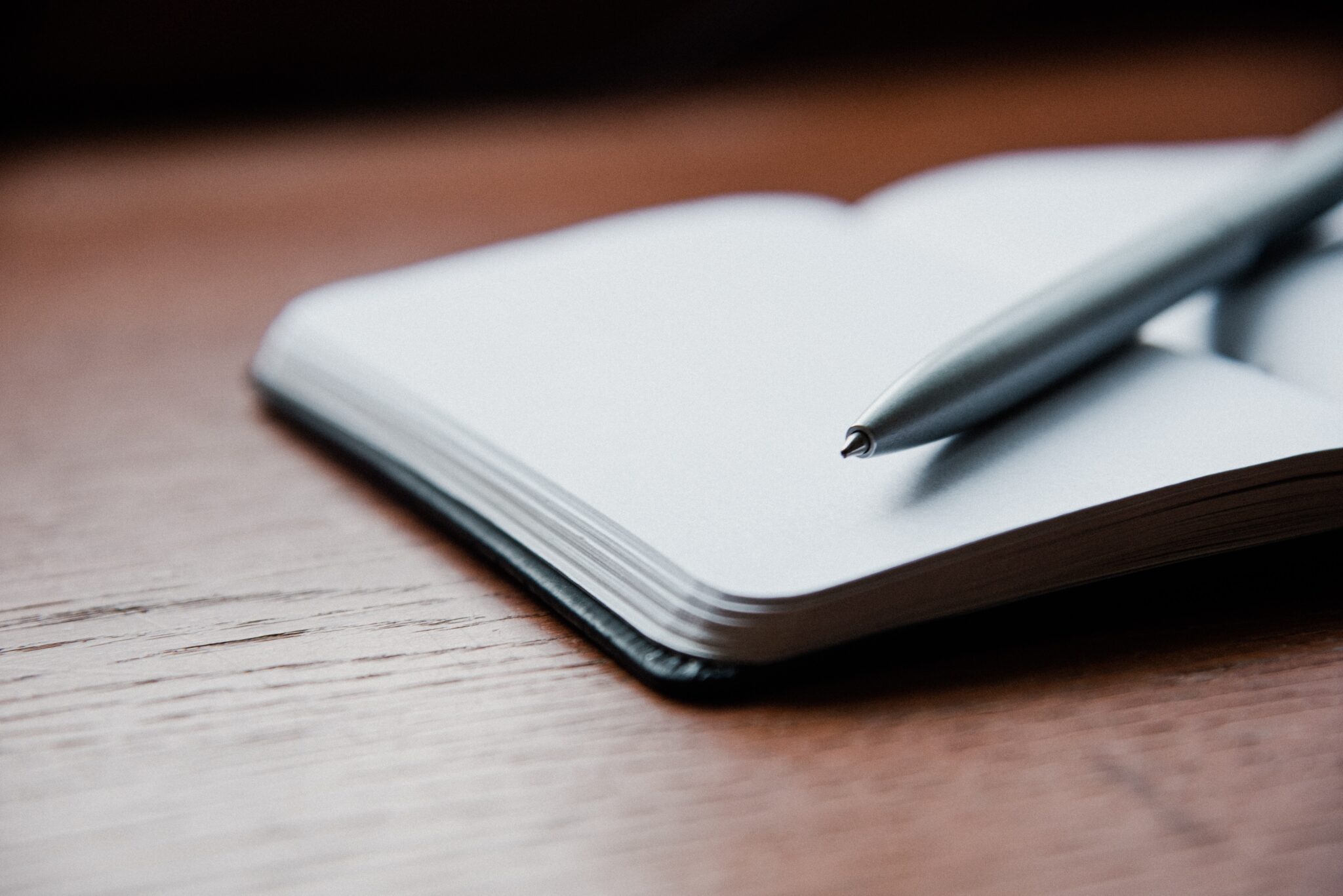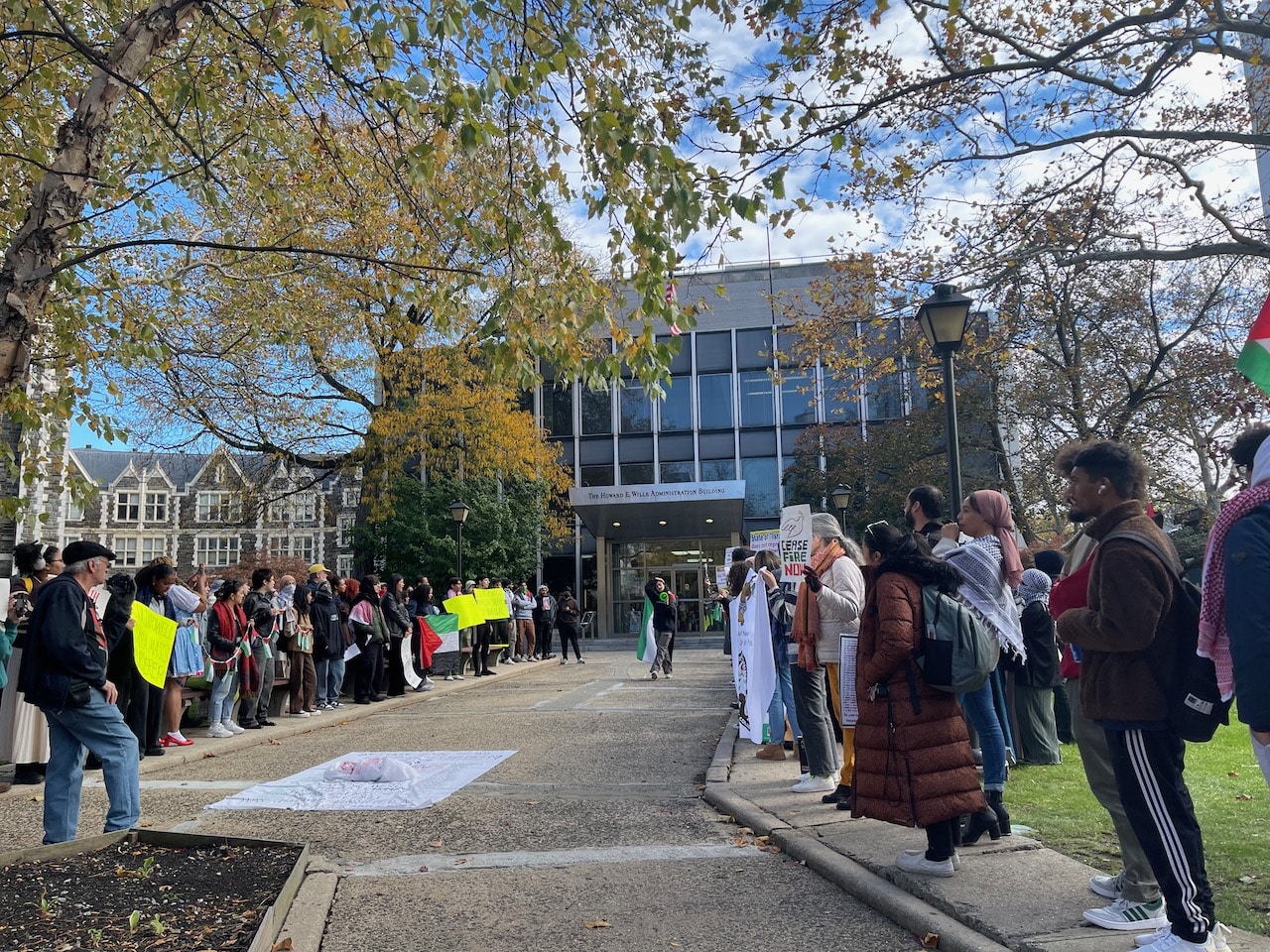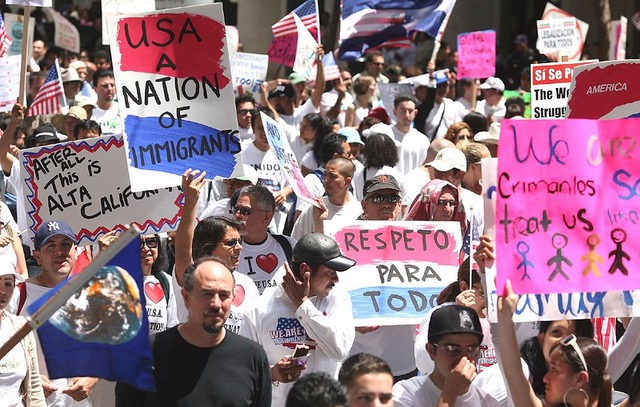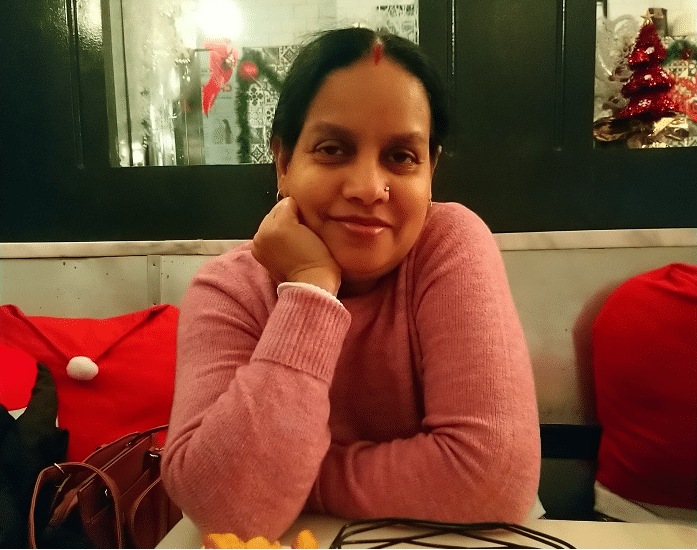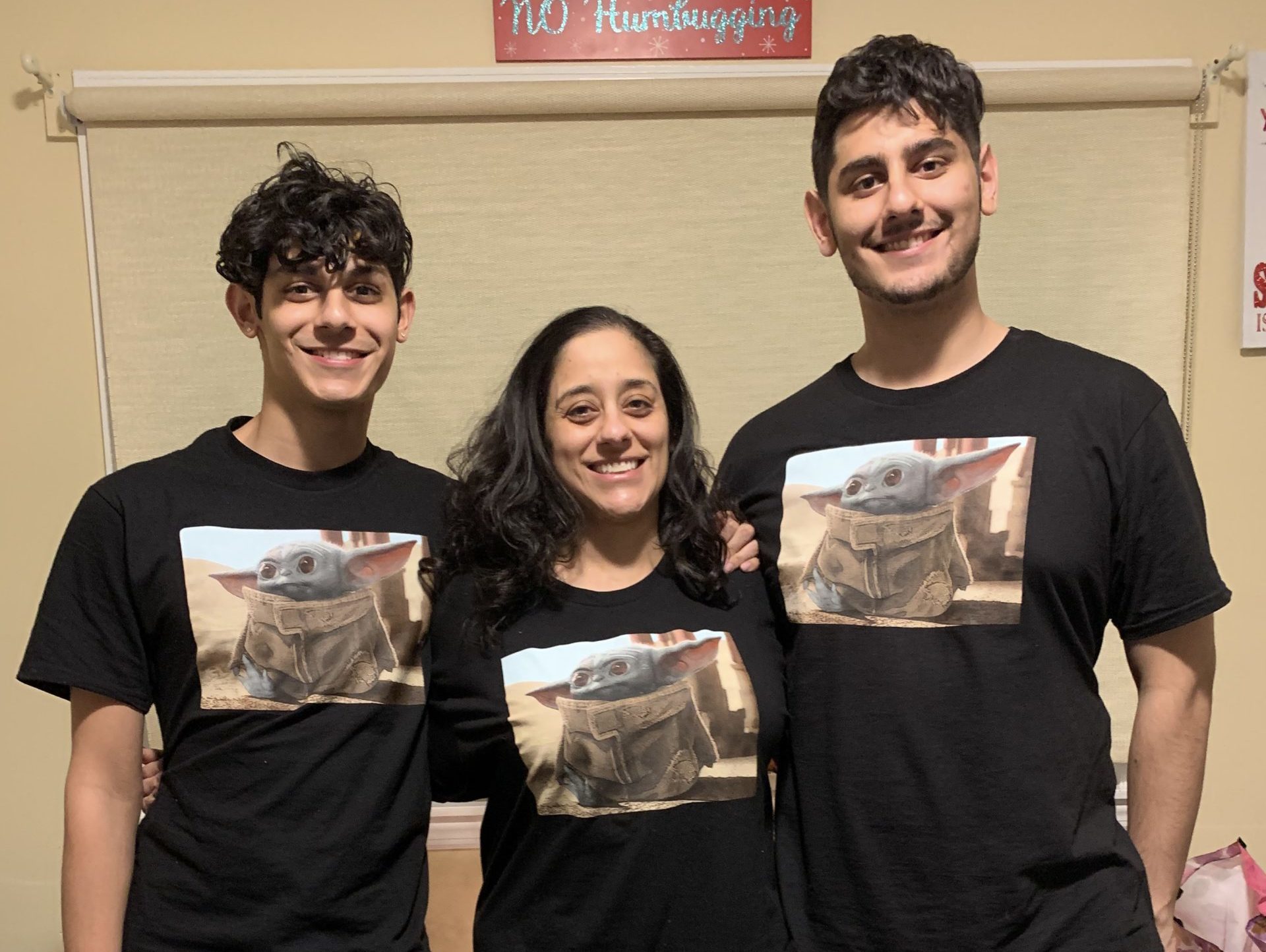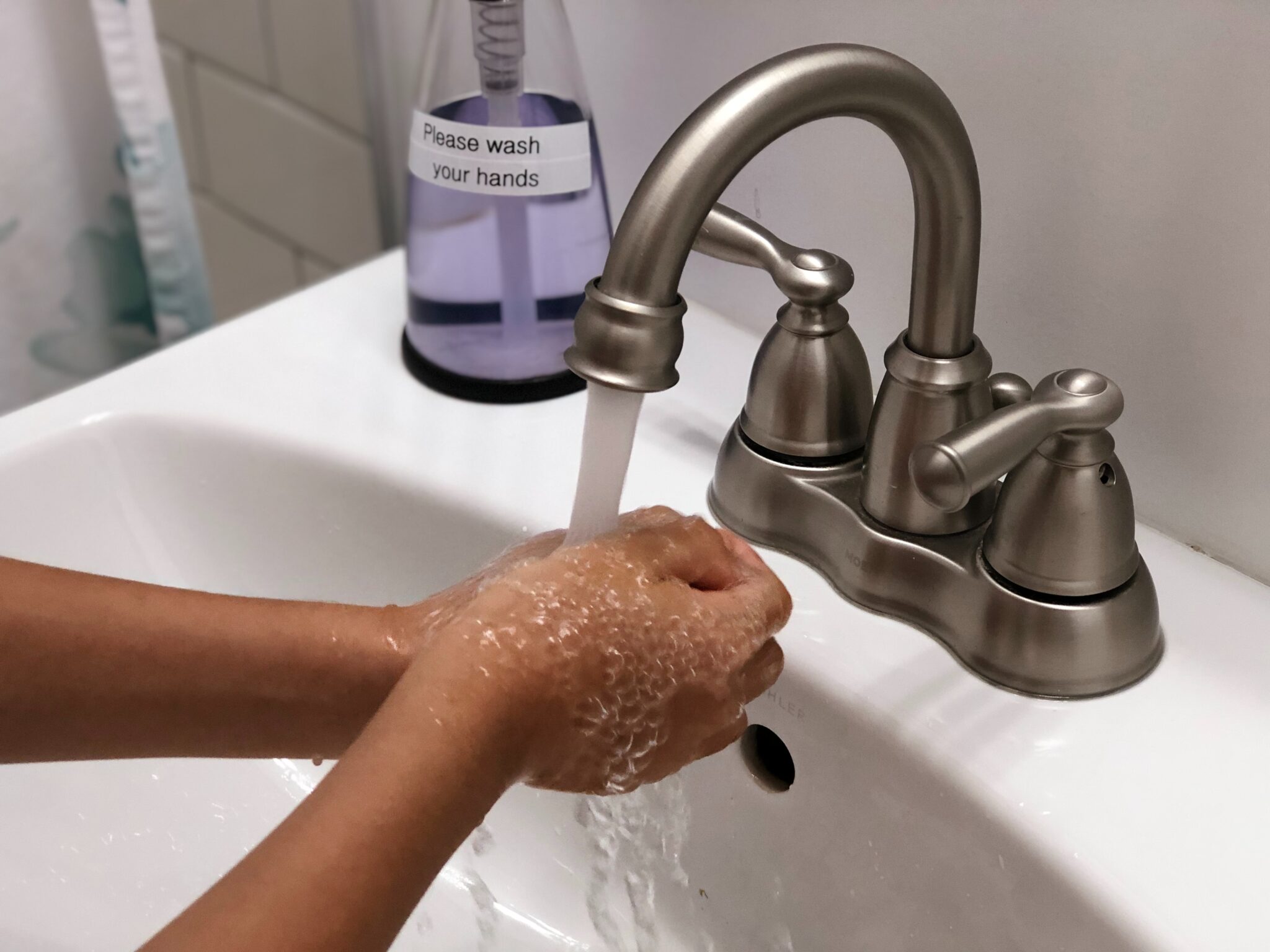Photo by Zoran Borojevic on Unsplash
Jared Lovos was 27 years old when he lost his fight against the beast—COVID-19. Jared was the most charismatic and optimistic person that anyone could have met in their lifetime. He lit up any room he walked into. With a smile that stretched across his face, he always wanted to make everyone laugh. He not only impacted his immediate family with his brightness, but everyone he encountered during his five years at JetBlue. He was a bust of energy and ray of light. Now, the world has gotten a bit darker in the midst of thousands of lives being lost across the world each day.
A week before Lovos was admitted into Hudson Regional Hospital he began to feel sick. With sweat soaking his bed sheets, a 104 degree fever, back pain and chest tightness, Lovos just thought he had a severe flu. Though as his symptoms got worse, he couldn’t take it anymore. He got tested on March 23 for COVID-19, with his result coming back positive when he was admitted into Hudson Regional on March 27. Lovos’s conditions began to fluctuate; he would have one good day, then the next he would get worse. Abruptly, things took a change for the worst.
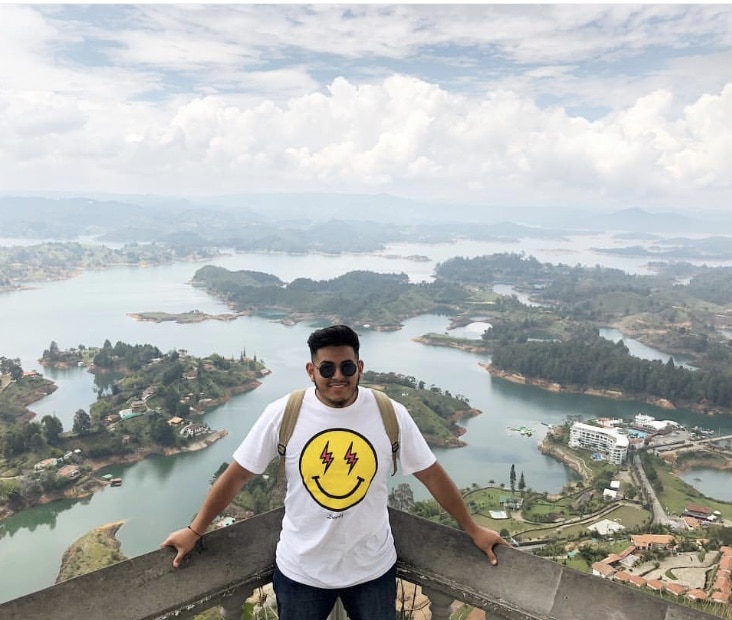
At 5:30 pm on March 31, Lovos texted his girlfriend Jocelyn Jimenez. He let her know he was going to be put on a ventilator for some time because he couldn’t breathe, the oxygen no longer helping him fight. After that short, disoriented message, he FaceTimed her. He looked so anxious and so worried but still gave her one last thumbs up. “All we kept telling each other was that everything would be okay. He was going to come out of this because our God was going to heal him. He told me not to cry. We just kept telling each other that we love each other so much and that we would see each other soon. And that’s how our call ended, so quickly, with so much left to say,” Ms. Jiminez said. This is how Ms. Jimenez would remember her last moments with Lovos. A virtual encounter that holds the weight of the “epic love of her life.”
During his hospital stay, Lovos fought ten hard and long days. He was given concoctions of various medicines, from hydroxychloroquine to antibiotics to steroids. Then his lung collapsed on April 8. A procedure was done to put spaghetti-like tubes into his lungs, to aid both the ventilator and his physical well being. But on April 10, at around 6:45 am he took his last breath. His heart stopped. The medical staff said there was nothing they could do. And that is the moment a beautiful soul was lost, leaving the world, family, and friends a little lonelier.
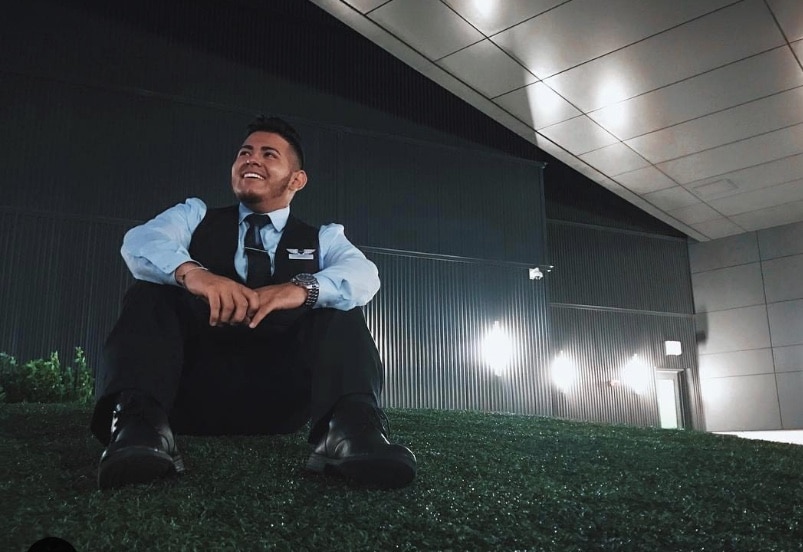
Death has not only proved itself difficult when life was “normal,” but even more tumultuous with social distancing in place. We now have to stay six-feet away from each other. We can no longer go to each other’s homes for simple visits. People are unable to grieve and mourn together in person. No one can hug or be close to one another. The lives of the dead cannot be properly commemorated. Funerals and wakes cannot take place unless there are less than ten people attending. Those lost cannot be put to rest in a way that brings mourners closure. Everything in our world has come to an extreme halt. With nothing functioning the way it once did, death is taking the biggest toll on people and their inner communities.
The question is how do people mourn during this pandemic? The only answer and solution to that is through the power of technology. Technology is now a lifeline for many who are grieving in isolation. Our smartphones, laptops, and tablets allow us to be in a million places at once. Even more so now when all we want is to be in connection with people. We want to think that these advances have benefited the current state of the world, but how will mourning change after this whole ordeal is over?
We can never expect anything to go back to normal. We will not and cannot go back to the way life was in late 2019 and early 2020, when we thought we were invincible to the virus. Now that the virus has hit us on the home front, we can somewhat get it. Life will never be normal again. We will never just walk outside and not remember the months where we wore masks and gloves because we were paranoid of getting sick. We cannot go back to the ignorance of our actions. We have to acknowledge that though we are mourning during social distancing, we will mourn losses again when life begins to revolve again.

Jimenez said she will grieve twice. She will grieve now that she is stuck at home, but she will go through an even harder mourning period when she has to get back into the world. She said, “If I think grieving is hard right now, it’s going to be worse when life tries to reconvene. I will have to live in a world where the smallest thing will remind me of Jared’s loss. I am going to live without someone I planned my whole life with. So many plans that are now nothing to me because I cannot see a world without him.”
The pain brought on by Lovos’ story hits hard and extremely close to home. He wasn’t only my sister’s boyfriend, but he would have become her husband. Not only did I lose a part of my sister, through her loss, but I lost my future brother-in-law. Lovos was more than just a “future brother-in-law” to me. He was my best friend, someone I could confide in and talk to about anything. Now I have lost that as well. How could life ever be the same? It won’t. All my sister, our family, and Lovos’ family can do is allow his memory to live on. We need to keep him alive within us because that’s what counts. We must remember him not for what took him from us, but for the bright light he gave the world.
The story of Jared Lovos is a difficult one to swallow. He was young and healthy, with no underlying health conditions. The loss of Lovos and the hundreds of thousands that succumbed to the virus should teach us a lesson. We have to learn now that life is a privilege. We need to appreciate not only our health but our loved ones. During this time, we will learn the importance of being in contact with those who are important to us. We will realize that loss is harder and more encapsulating when we no longer can have each other to physically and emotionally hold on to. For those reasons, those who lost their lives cannot be in vain. We cannot go back to a “normal” world when lives were lost to a virus we thought wouldn’t be our own. If humanity goes back to our previous ways of life, those we have lost will have been for human greed rather than human growth. With that, we need to take this time to better ourselves and our relationships. Let’s not let the deaths of Jared and others be wasted, but give hope that better days will come if we are able to learn now. Before it’s too late.
Series: COVID-19 DIARIES
